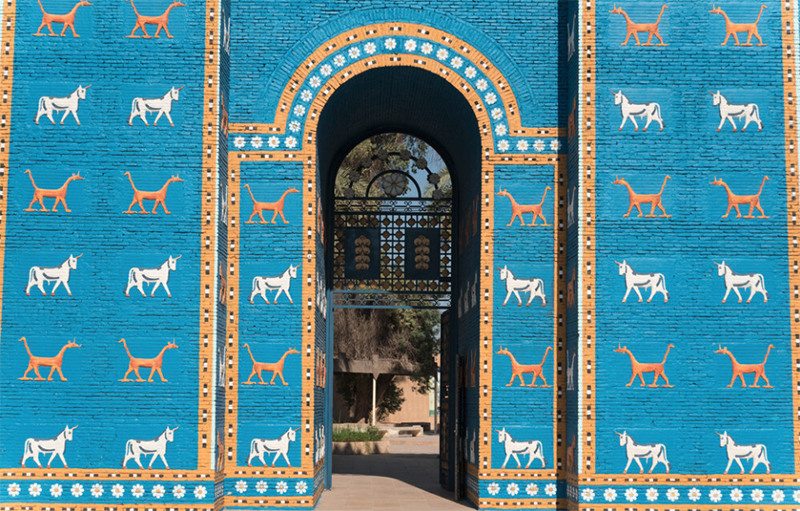
Reviewer Eman Quotah finds that Omaima Al-Khamis' "singular imagination shines through in an erudite and sensual tale that...
2 MAY 2021 • By Faraj Bayrakdar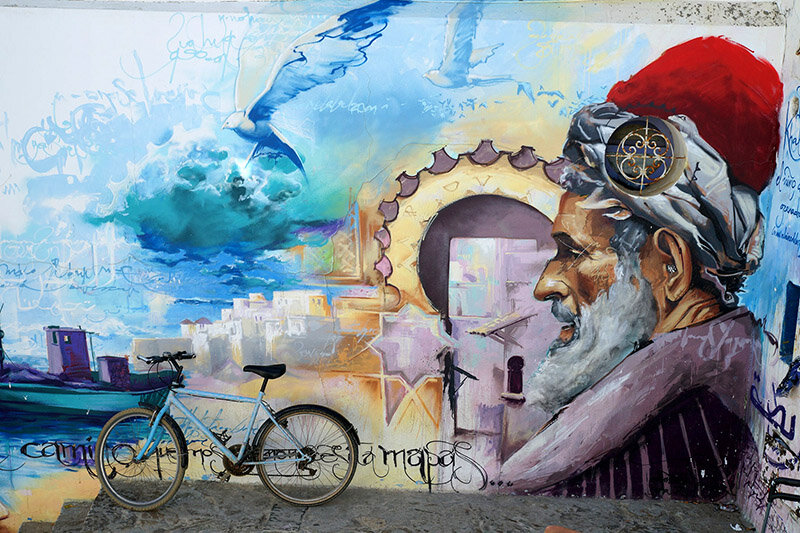
BookFabulous' Rana Asfour delivers capsule reviews of three recent North African novels from Libya and Morocco.
25 APRIL 2021 • By TMR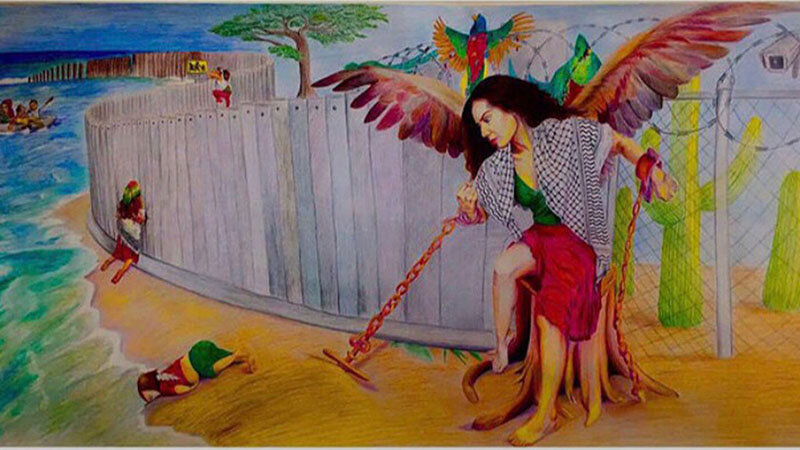
Reviewer Patrick James Dunagan on poetry that strives to cope with the anguish of Israel's decades-long military occupation...
28 MARCH 2021 • By Sherifa Zuhur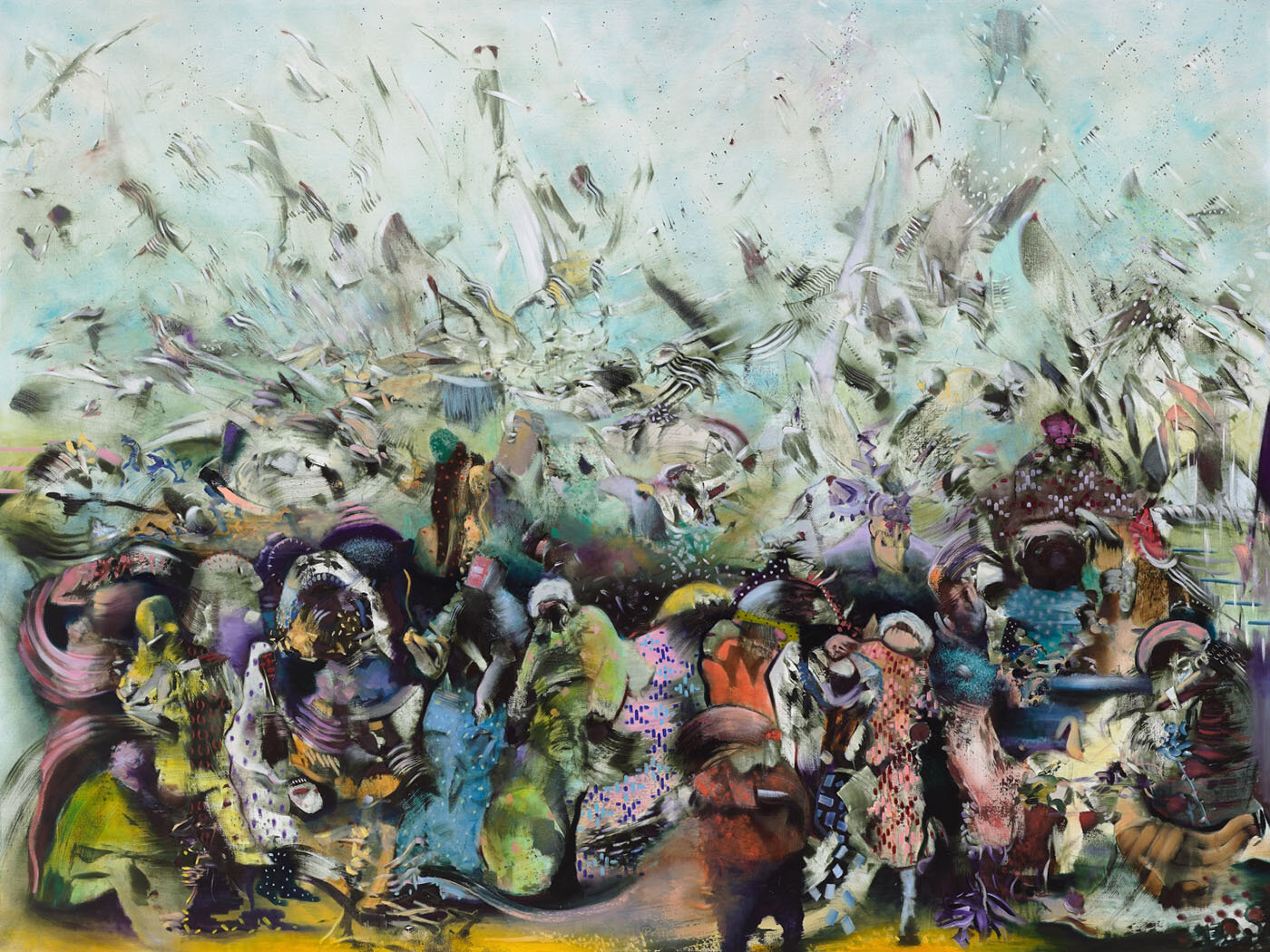
Joyce Zonana reviews two recent titles that reveal Jewish-Muslim connections and communities of the Arab world.
28 MARCH 2021 • By Joyce Zonana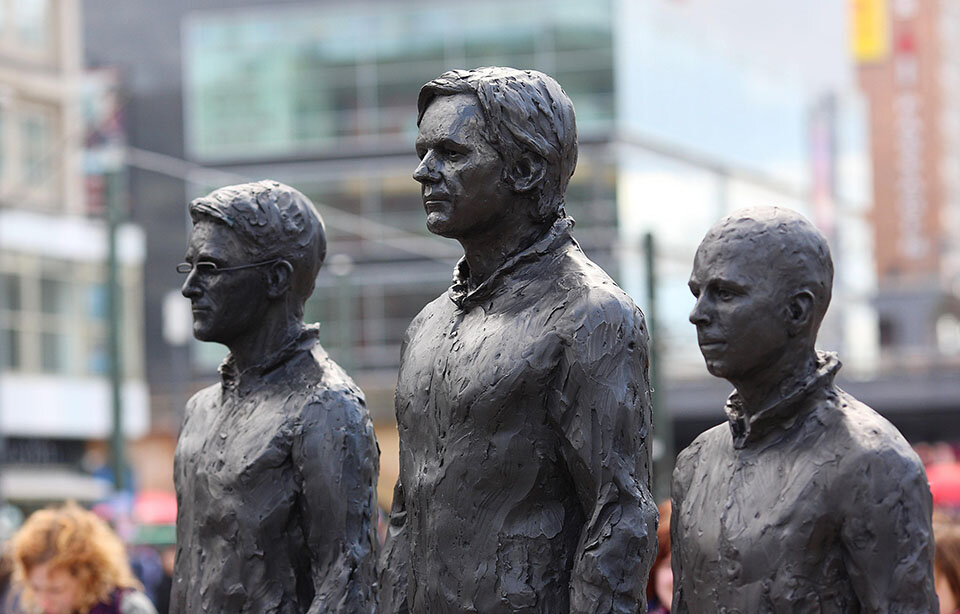
Stephen Rohde on how widespread government secrecy, alongside the punishment of truth-tellers, betrays fundamental principles underlying democracy.
14 MARCH 2021 • By Stephen Rohde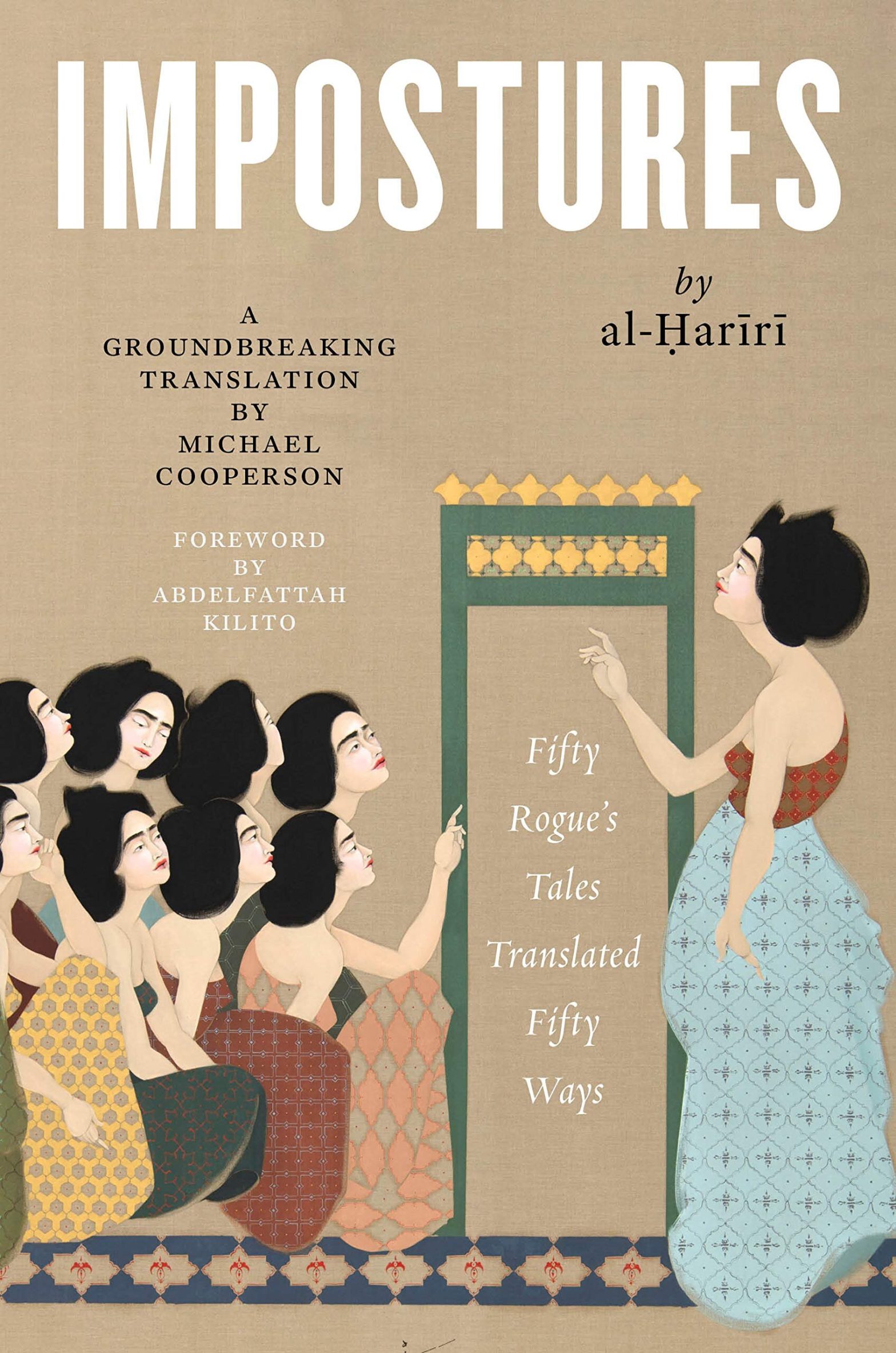
Farah Abdessamad reviews a new English translation of Impostures from Basra-born Al-Hariri that revives the "eloquent rogue" genre...
14 MARCH 2021 • By Danielle Haque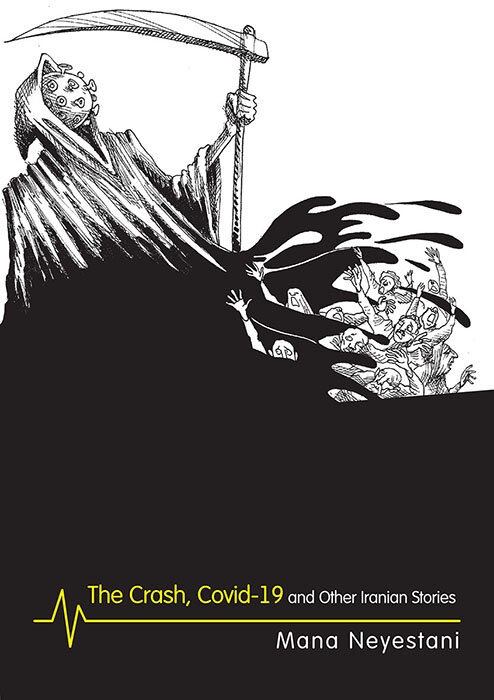
Malu Halasa reviews the new graphic novel by former political prisoner and editorial cartoonist Mana Neyestani, released in...
14 MARCH 2021 • By Malu Halasa
Rayyan Al-Shawaf reviews the second novel from Syed Masood, but isn't sure he likes its happy ending.
14 MARCH 2021 • By Rayyan Al-Shawaf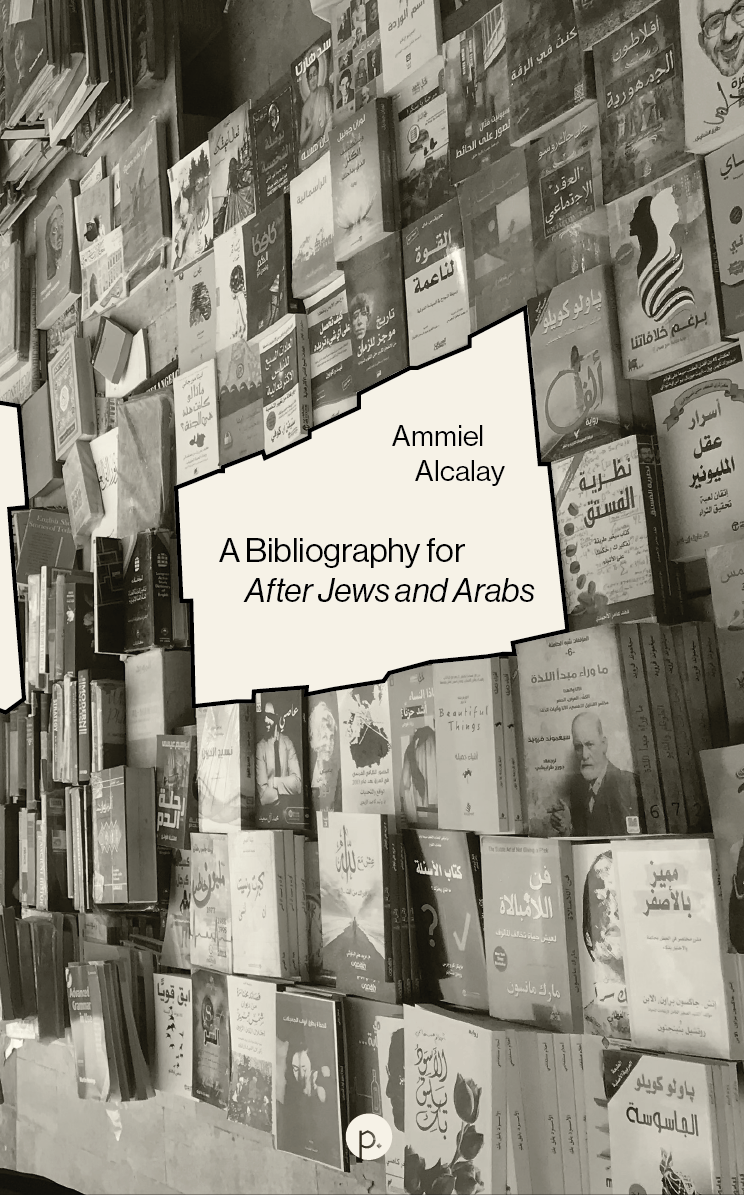
Gil Anidjar reviews A Bibliography for After Jews and Arabs, and suggests that "our problem is that we...
14 MARCH 2021 • By Preeta Samarasan
Melissa Chemam considers the sixth novel by France's former teen sensation Faïza Guène and whether she is now...
7 MARCH 2021 • By Melissa Chemam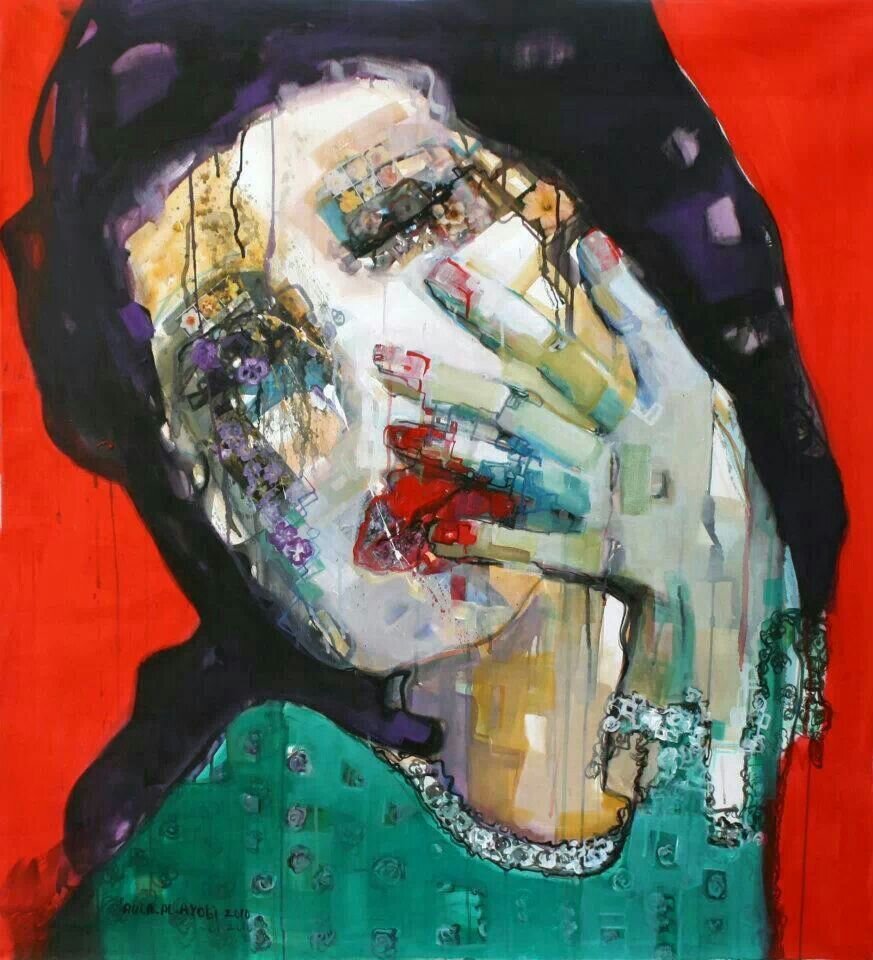
Farah Abdessamad reviews Silence is a Sense, the new novel from Layla AlAmmar.
25 JANUARY 2021 • By Farah Abdessamad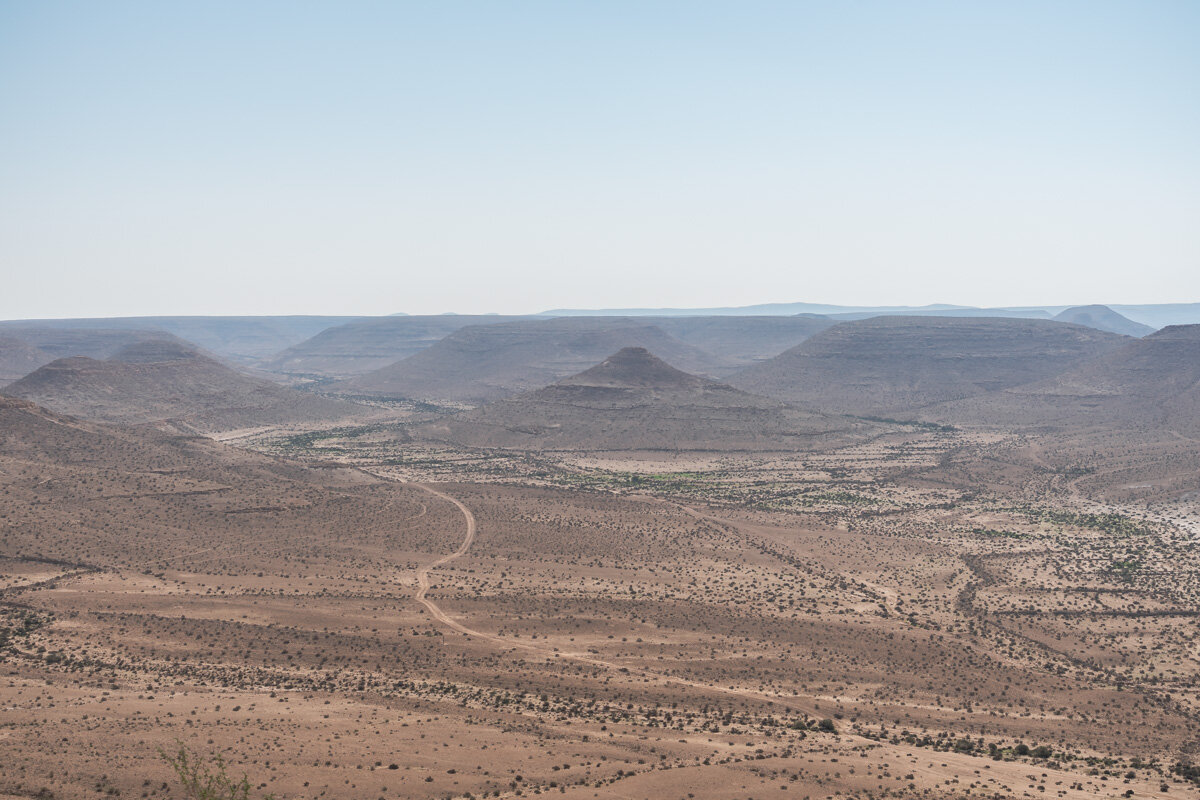
Layla AlAmmar takes us into the heart of Adania Shibli's literary thriller, where Palestinian lives are but a...
30 DECEMBER 2020 • By Layla AlAmmar